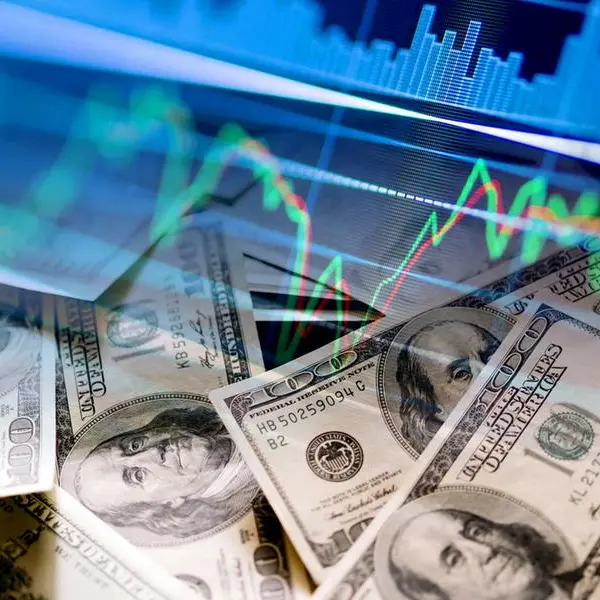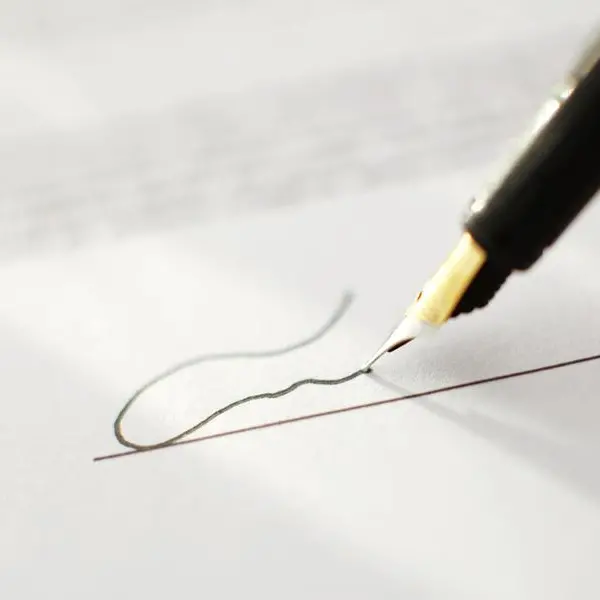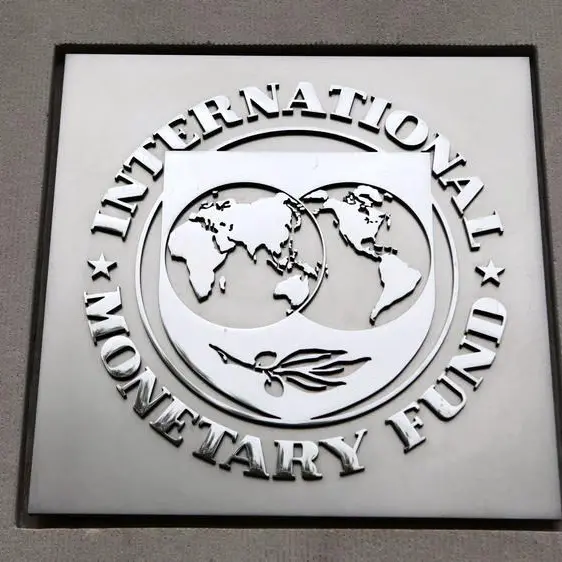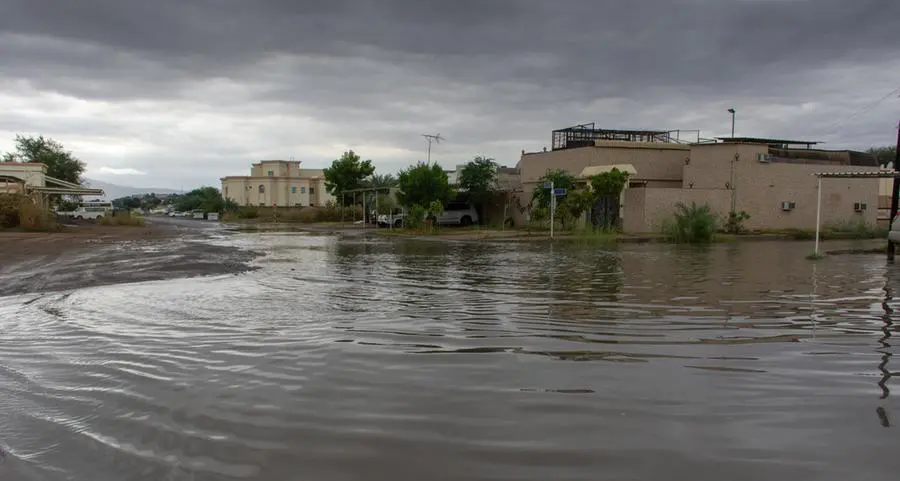PHOTO
ATHENS- Greece's economy will likely contract by 6% this year, more than projected in late April, and the country will need extra tools to tackle bad loans troubling banks, the head of the country's central bank told a parliamentary hearing on Monday.
Yannis Stournaras said setting up a bad bank to ring-fence the burden of non-performing loans could be one option.
"The baseline scenario sees a 6% GDP decline this year and a 5.5% rebound in 2021," Stournaras told a hearing to approve his second six-year term as head of the Bank of Greece.
Stournaras, who said there could only be scenarios, not forecasts because of the level of uncertainty, had in late April said he expected a contraction no deeper than 4%.
In addition to the existing Hercules bad loan reduction scheme, Stournaras said a bad bank could be an option, but would need the government, the European Commission and the ECB's Single Supervisory Mechanism to support the idea.
"Experience shows that reducing bad loans on bank balance sheets fast can happen through a bad bank. We must explore all possibilities to see if we can have one," he said.
Pressure on Greece's finances following government measures to tackle the coronavirus crisis will result in a primary budget deficit of about 3% of gross domestic product this year, Stournaras said.
But the primary budget balance, which excludes debt servicing outlays, will turn into a surplus next year, about 2% of GDP.
Stournaras represents Greece on the Governing Council of the European Central Bank (ECB) and heads the European Central Bank's audit committee.
In Greece, he was first appointed in 2014 for a six-year period, the duration of a governor's term in Greece, and is a former Greek finance minister.
(Reporting by George Georgiopoulos; editing by Barbara Lewis) ((george.georgiopoulos@thomsonreuters.com; +30210 337 6437; Reuters Messaging: george.georgiopoulos.thomsonreuters.com@reuters.net))












